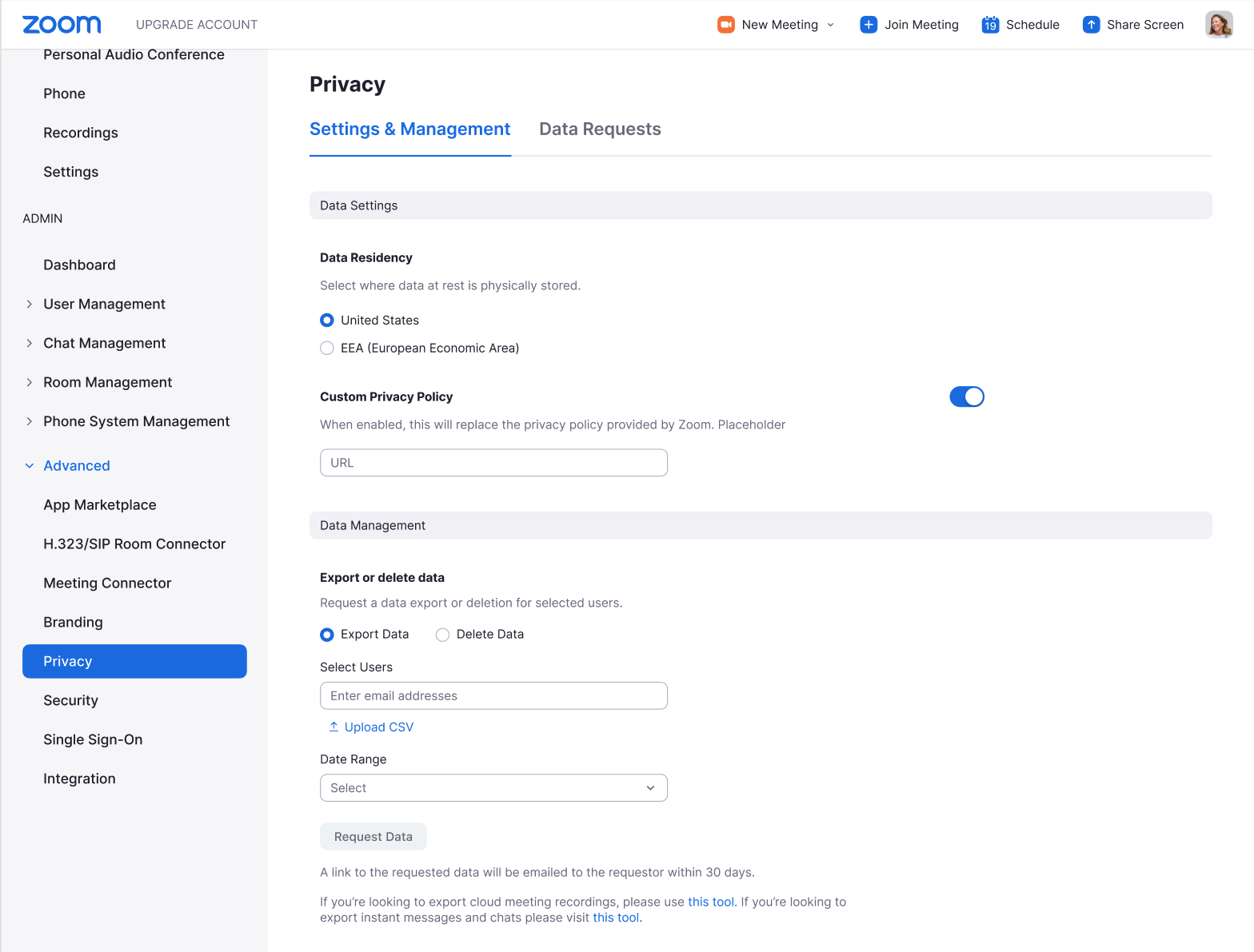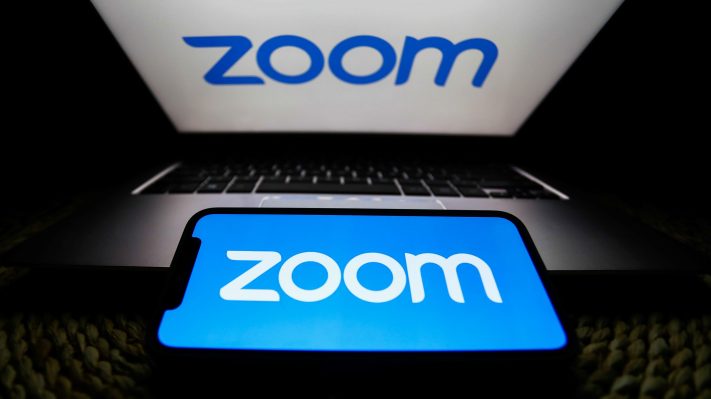Zoom has announced a slew of privacy-focused features and services, as the video communication company looks to appease customers concerned about where their data resides.
With Europe pushing a digital sovereignty agenda, U.S. companies have been clambering to convince customers across the continent that they’re serious about handing over more control around data storage and processing. Amazon’s AWS cloud unit recently announced its digital sovereignty pledge, while TikTok is in the process of opening localized data centers as part of a broader European charm offensive. Elsewhere, Microsoft and Google are also paying heed to the growing calls to bring data closer to where their customers need it.
And it’s against that backdrop that Zoom today revealed that it will support localized data storage in the European Economic Area (EEA), where premium (i.e. paying) customers can choose specific data from its webinars, meetings and team chat tools to store in local data centers — in Europe this will mean Frankfurt at first, though Zoom does also have data centers in Amsterdam, Leipzig and Zurich. Zoom also confirmed that data may still be shared with its U.S. operations in very specific or “exceptional” circumstances, for example in relation to trust and safety.
To support this latest rollout, Zoom said it will also set up a dedicated technical support team for European customers that opt-in to the program.

Zoom: Data residency. Image Credits: Zoom
Elsewhere, Zoom is also rolling out audit log tracking globally, where company administrators can track when logs are exported and deleted. And it also has launched a new tool, located in the same privacy dashboard as the data residency feature, to help admins respond to data subject access requests (DSAR) and delete personal data, such as names or email addresses that may have been collected. This is a core tenet of regulations such as Europe’s GDPR and its Californian CCPA counterpart, designed to ensure a product’s users can access information on what personal data a company holds on them, and request deletion of certain data.
